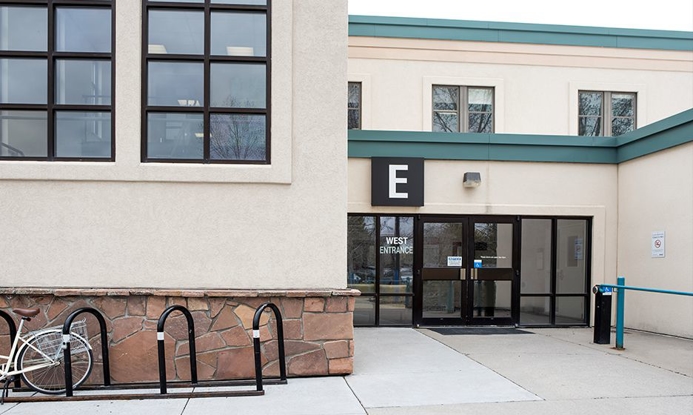
Post-Surgical Pain Management FAQ
Jackson Hole Pain Management
Are you feeling nervous about the pain you might experience during surgery? Although some pain is likely, it should not be anything too severe or intense. Your doctors and nurses consider effective pain management a key part of your surgery. Well-controlled pain can speed your healing and lead to fewer complications.
What does effective pain treatment mean?
Effective treatment of pain will help you heal faster and enable you to go home and resume normal activities sooner. The amount and type of pain you have following surgery may be different from that of anyone else, even if they have had the same surgery. Discuss pain control choices with your surgeon before you have surgery. Talk about pain control methods that have worked well for you in the past.
How do I report my pain?
If you are having pain, please let us know! While you are recovering, your nurses will frequently ask you to rate your pain on a scale of 0 to 10, with “0” being “no pain” and “10” being “the worst pain you can imagine.” Reporting pain as a number helps the nurses know how well treatment is working and whether to make any changes. Special scales are available for those patients who might have difficulty understanding or using the “number” scale.
What other techniques may be used to treat postoperative pain while I am in the health system?
- PCA (Patient Controlled Analgesia) – This tool allows patients to give themselves intravenous pain relief immediately. Using a push button attached to a small pump that is programmed by the nurse, a patient starts the release of pain medicine into the intravenous (IV) line.
- Epidural Analgesia – A continuous delivery of pain-relieving medication to nerves within the epidural space of the spinal column.
- PCEA (Patient Controlled Epidural Analgesia) – Delivers a continuous infusion of pain medication and allows the patient to self-administer extra medication.
- Nerve Blocks – A nerve block is used when pain from surgery affects a smaller region of your body, such as an arm, leg or shoulder. Local anesthetics are injected near the affected nerves to “numb” the surgical area.
- Oral Medications – Swallowed medication is simple to give, and easy to use at home and cause less discomfort than injections into muscle or skin. Generally, most pain pills are not as strong as medications that are injected.
- Intravenous (IV) Pain Medication – Medications given by intravenous injection act quickly, but wear off quickly as well.
If my pain is under control, what else do I need to know?
When your pain is under control, your body can focus on the important work of healing. Take medications as soon as needed. This isn’t the time to test how much pain you can stand or “grin and bear it.” Work with your healthcare team to make your recovery as prompt and pain-free as possible.
St. John’s Rehabilitation Services encompasses a spectrum of outpatient and inpatient rehabilitative care. All therapists are specially trained using advanced techniques and equipment in the detection, prevention and treatment of complications caused by illness and injury.



